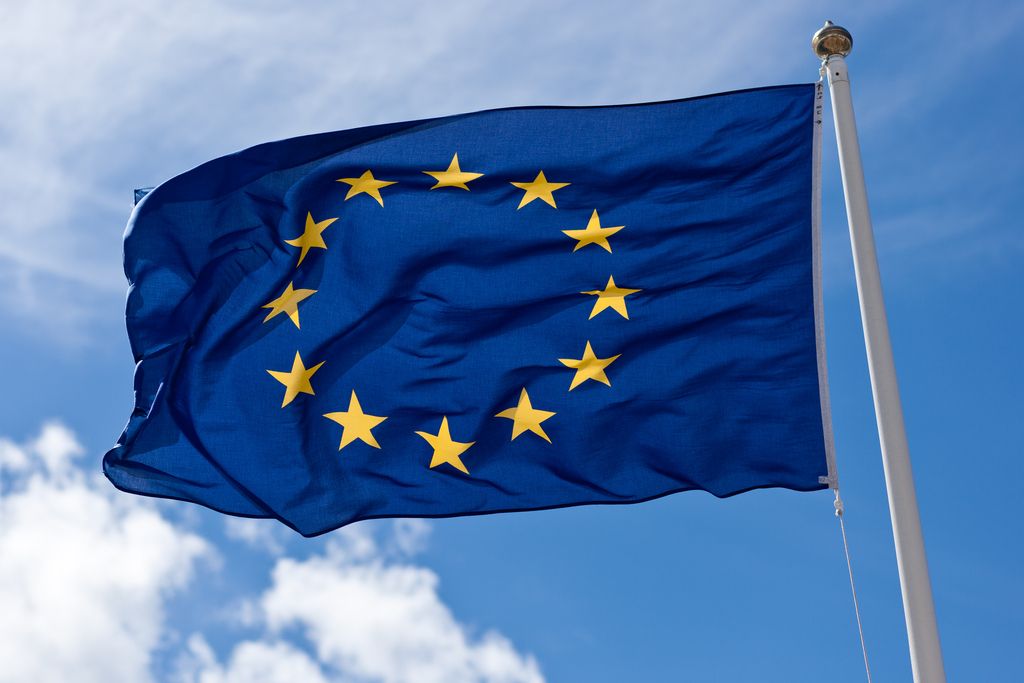Europe is boosting private sector investments in African, Caribbean and Pacific (ACP) countries by investing €4bn in projects and businesses in those regions until 2027.
The European Investment Bank and the European Commission will lend €3.5bn, and contribute €500m to the ACP Trust Fund. The former will be lent through the European Fund for Sustainable Development Plus (EFSD+), which is a blended finance vehicle that aims to attract private investors by taking on the risk of the investments made.
The EFSD+, which was launched in 2017, raises finance from the private sector and then invests it in projects that “promote decent job creation, strengthen public and private infrastructure, foster renewable energy and sustainable agriculture, and support the digital economy,” a European Commission release said.
See also: Upping ambition in sustainable emerging markets investing
An example of how the €3.5bn will be used is by unlocking €270m for the three Tanzanian local banks that will finance projects benefitting especially women and advancing the blue economy, the European Commission said.
Another example is The Green African Agricultural Value Chain Facility, which provides financing to intermediaries across sub-Saharan Africa for on-lending to eligible small and medium-sized enterprises active in agri-food value chains. Average size of credit lines extended to local banks range from approximately €10-25m.
“Mobilising the private sector is critical to sustainable development in African, Caribbean and Pacific countries,” said Jutta Urpilainen, Commissioner for International Partnerships.
“The resources unlocked…will benefit emerging businesses in key sectors, while enhancing partner countries’ resilience.”
Blended finance is increasingly on the radar for the asset management industry following COP27 last year where Ninety One’s chief sustainability officer Nazmeera Moola told ESG Clarity that is “where a lot of the transition finance will come from.”








